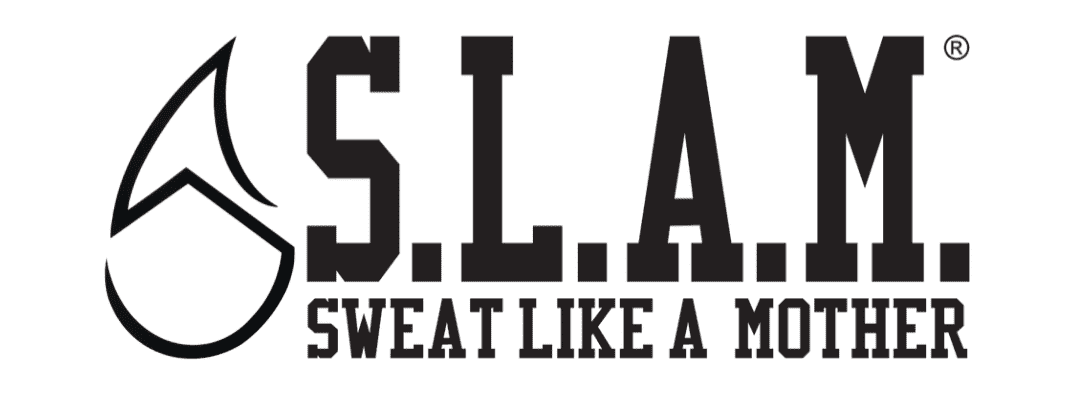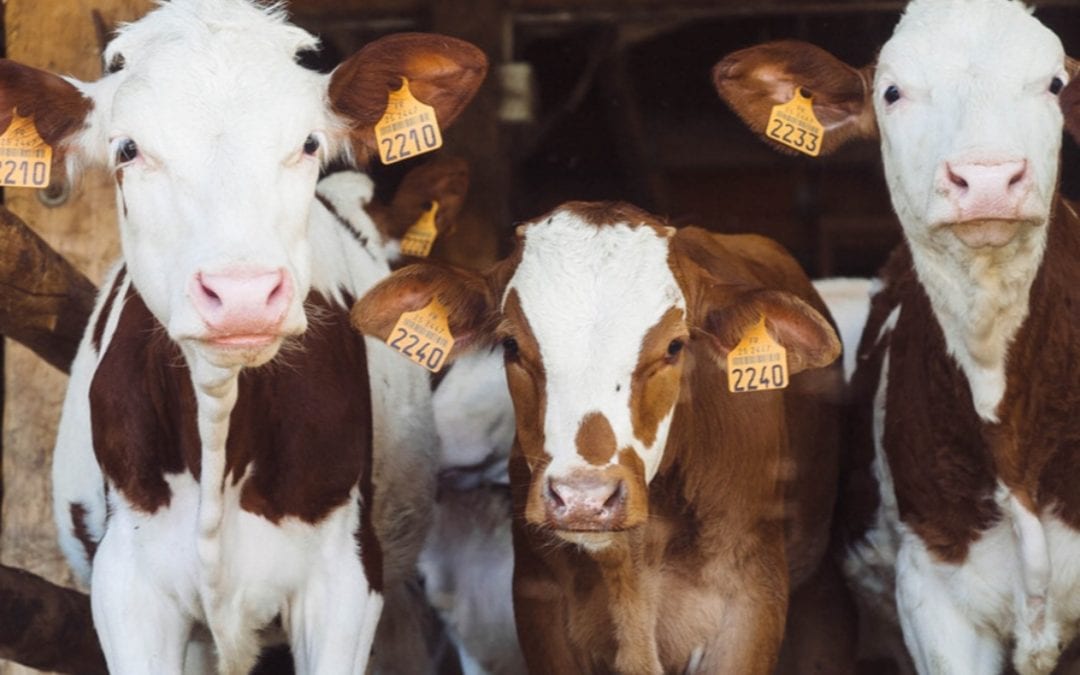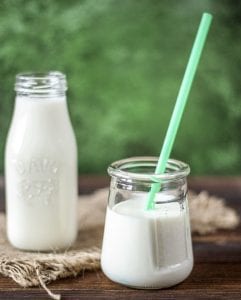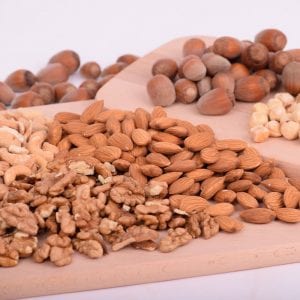“We are the only animal that drinks another animals milk.”—I remember reading this statement years ago and it has stuck with me since. We as women produce milk for our young just as most mammals do. As baby mammals grow, they eat other foods, their mothers stop producing milk, and they don’t rely on another animal for nutrients. So why do we drink cow’s milk and lots of it?
Some would argue that cows were made for it, being so disillusioned to think that there are beef cows and dairy cows. This is entirely false. A mother cow only produces milk following pregnancy. Thus, female cows are continually artificially inseminated; their young are taken from them immediately following birth and they are milked until they no longer can produce. During this process, they are often given antibiotics and hormones to increase the milk quantity. Animal cruelty aside, the bigger question for me is why.
Lactase is the enzyme that breaks down lactose, the sugar in milk. According to the NIH, 65% of humans are unable to digest lactose, however, only 5% of this group is of Northern European descent (where many Americans descend from) (1). If you’re taking a deep breath now thinking your stomach has this under control, it is important to keep in mind that our bodies were not always this way. There are different theories, but no one knows for sure how Europeans evolved and were able to tolerate milk, but it is a fact that we were not created with the proper make-up to digest milk from cows. It is possible that times of famine led humans to drink milk (or cheese or yogurt) from sheep, goats, and cows. In a time where you could die from malnourishment or suffer through diarrhea, many picked the latter, possibly leading to the body evolving in order to tolerate milk (2). Aside from indigestion, cows milk has been thought to cause acne, headaches, inflammation and many other side effects.
If you’re sitting here thinking “but what about calcium?”, you’re not alone. Calcium is imperative for building bones and even cardiac function, and the “got milk” advertisements have definitely ingrained the idea of needing calcium in our minds. However, there are other sources besides milk that may be more beneficial. In fact, a study in Sweden “found people who drank the most milk had more bone fractures and were more likely to die within a certain period than people who drank less” (3). Look to nuts and seeds, beans and lentils, figs, leafy greens, sardines, and many other fruits and vegetables for alternative sources of calcium.
Do I drink milk? No, we buy almond, cashew, and coconut milk. However, my family eats yogurt like it’s their job, they think milkshakes are the greatest thing ever and we all live for pizza. My point is that this life is about balance, but it’s also about knowledge. I want you to consider that maybe milk (and other dairy products) aren’t a staple, but rather something to consume in moderation. If you’re feeling frisky, you could give up dairy for 2 weeks and see if you notice a difference. Many people say they didn’t know that dairy affected them until they actually stopped eating it. It’s something to consider but remember if you go tell your doctor you’re not drinking milk, they may say you’ll get osteoporosis. There are many opposing viewpoints on the dairy issue and I think it needs to be one you research on your own and find where you stand. Stay balanced mamas.




Recent Comments